Mark World Pangolin Day With a New Video About the Quirky Creatures
Awareness about this animal underdog is climbing, yet an estimated 10,000 pangolins still fell victim to the illegal wildlife trade last year
Over the last decade or so, the illegal wildlife trade has transformed from a niche problem discussed only by conservationists to a global issue worthy of attention from presidents, princes and prime minsters. These days, media headlines abound about plummeting tiger populations, elephant ivory crushes and rhinos poached for their horns.
When it comes to media and donor attention, however, all species are not created equal. Consider the pangolin: This shy, nocturnal creature rolls into a ball when threatened, and it spends its time either napping or feasting on ants with a sticky, 16-inch-long tongue. But the greatest claim to fame for the world’s eight known species of pangolin is that they are the only mammals with scales—an exceptional feature that might be their undoing.
Composed of keratin, the same material found in human fingernails, pangolin scales are unfortunately a highly sought-after ingredient in traditional medicine. Additionally, pangolins’ pricey meat is considered a rare delicacy in Vietnam and China. Demand for their scales and meat has caused an estimated one million pangolins to be killed over the past decade. Very little is known about pangolins, including how many are left in the wild.
Despite global concern for wildlife trafficking, it's usually big, charismatic animals that dominate the spotlight, while smaller creatures like the pangolin can slip through the cracks in terms of dollars and policies aimed at helping stem their losses. In an effort to raise awareness about this small mammal’s plight, a group of pangolin-loving conservationists created World Pangolin Day, honored annually on the third Saturday of February. Like similar campaigns for sharks, penguins and frogs, World Pangolin Day is meant to teach people about the amazingness that is pangolins, as well as highlight the mortal danger this group of animals currently faces.
Here, you can watch a video the conservation group Save Vietnam’s Wildlife put together in honor of this year's World Pangolin Day (warning: viewers might find some of the content graphic and disturbing):
In some ways, the international attention seems to be working, and pangolins have enjoyed several major successes over the past year. For starters, two Asian species were relisted by the International Union for Conservation of Nature, moving from endangered to critically endangered. An Indian species, formerly listed as vulnerable, was listed as endangered. Experts hope those statuses will spur policy makers and donors into action.
World Pangolin Day also seems to have helped raise pangolins’ global popularity. Pangolins got their own feature news story as part of a project voted on by the public, and someone started a campaign to convince Disney to make pangolins the heroes of the company’s next animated film. Today, pangolins seem to be emerging as the Internet’s favorite animal underdog.
But will the swell in pangolin love actually help save them? In one bit of good news, Vietnam recently added the pangolin to its list of strictly protected national species, meaning people caught hunting, transporting or selling pangolins can face more serious charges than in the past. But in many cases, such policy changes and pledges from world leaders remain confined to paper. Most wildlife traffickers caught in the act continue to escape with little more than a small fine, and protected animals—including pangolins—can still be found openly listed on restaurant menus in Vietnam. Moreover, animals that are recovered from the trade usually die in captivity, and in Vietnam, many confiscated pangolins are sold back into the market, with profits going to the state. Due to a legislative loophole, pangolin scales are even covered by Vietnamese health insurance.
Thai Van Nguyen, founder of Save Vietnam's Wildlife, runs one of the only two centers in Vietnam equipped to rehabilitate rescued pangolins. He believes that much of his country’s wildlife will go extinct in the coming years—but he's doing everything he can to make sure that will not be the case for pangolins. The non-profit will be opening a Pangolin Education Center in Cuc Phuong National Park later this year, and plans are underway to publish a children’s book about pangolins in both English and Vietnamese. The group will also hold training sessions for rangers, and it will continue to pressure the government to step up its actions to protect pangolins.
“We want to reach as wide an audience as possible, so we can mobilize people to help,” Nguyen said in a release. “The pangolins need us—we have to act now, before it’s too late.”
/https://tf-cmsv2-smithsonianmag-media.s3.amazonaws.com/accounts/headshot/Rachel-Nuwer-240.jpg)
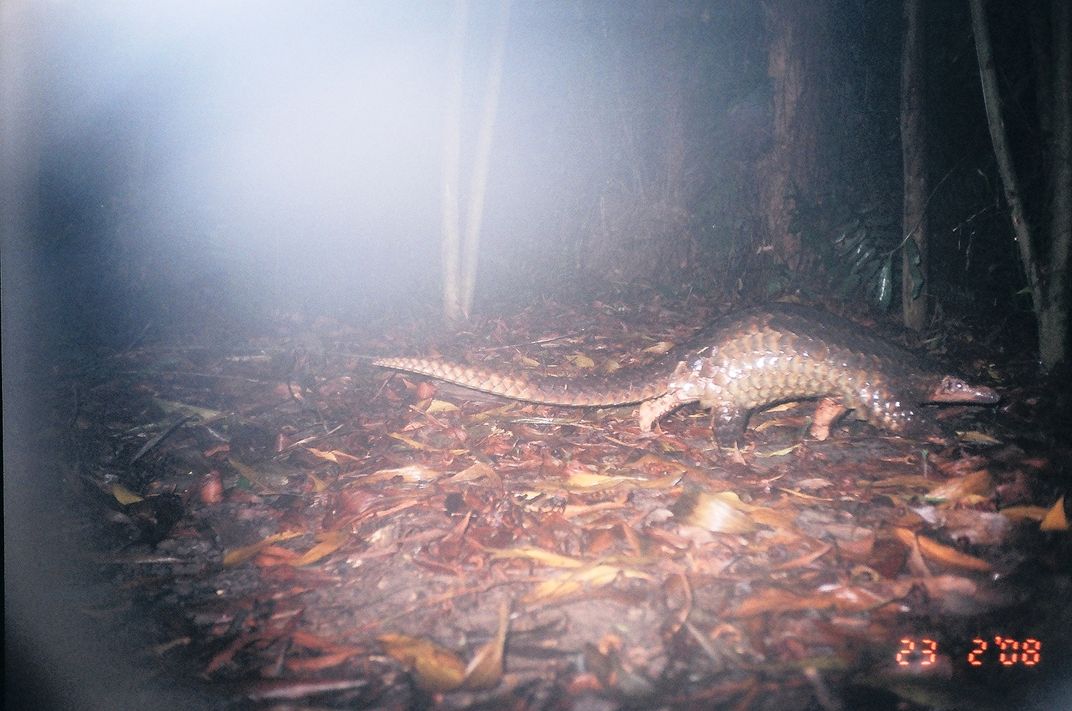

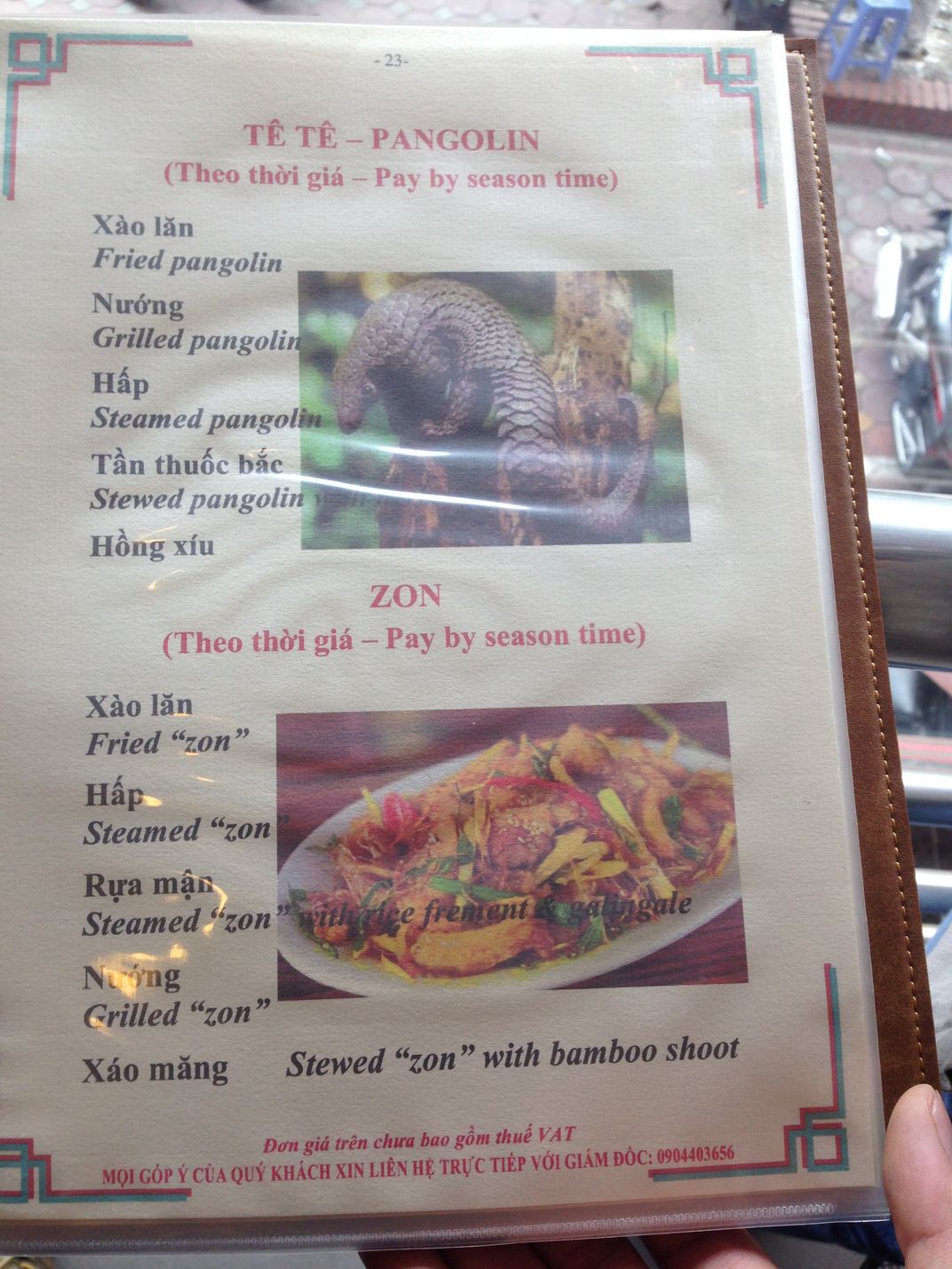

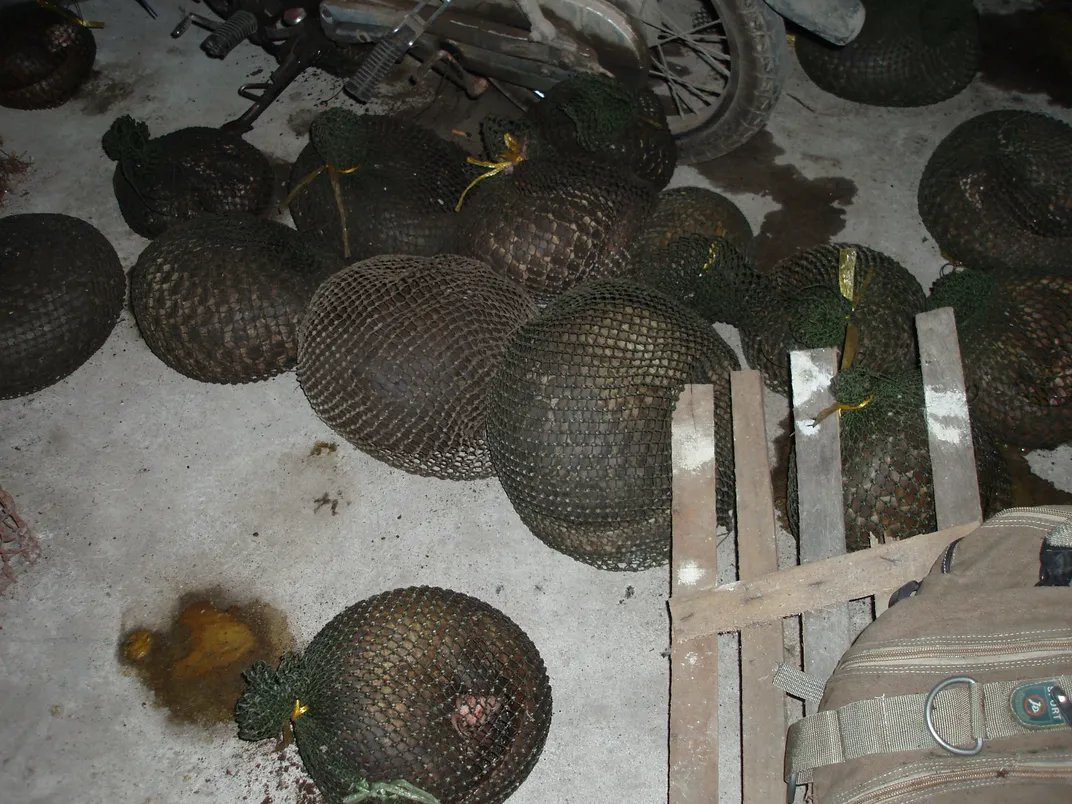
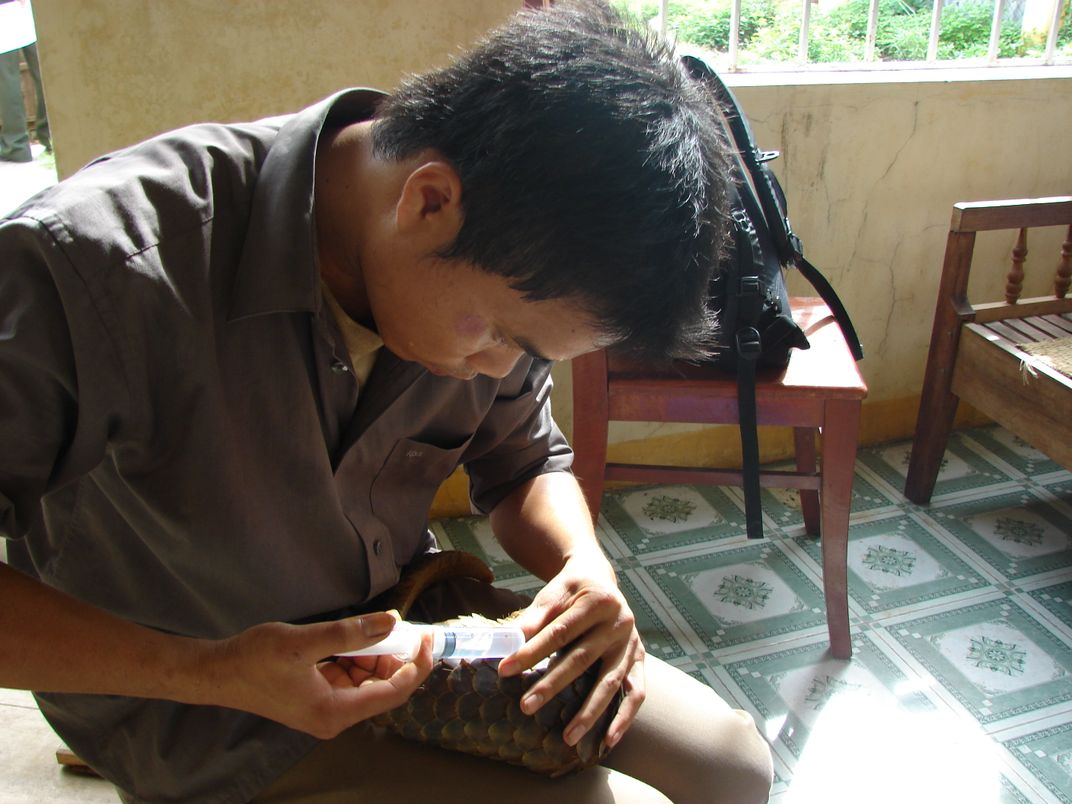
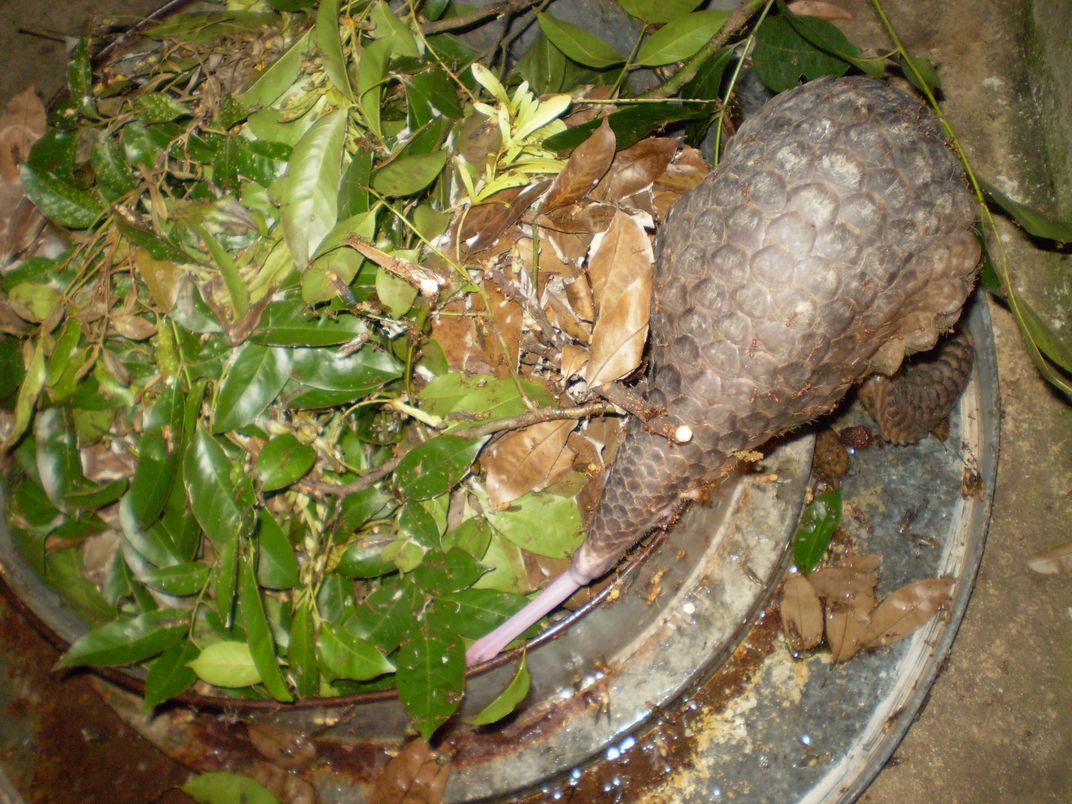
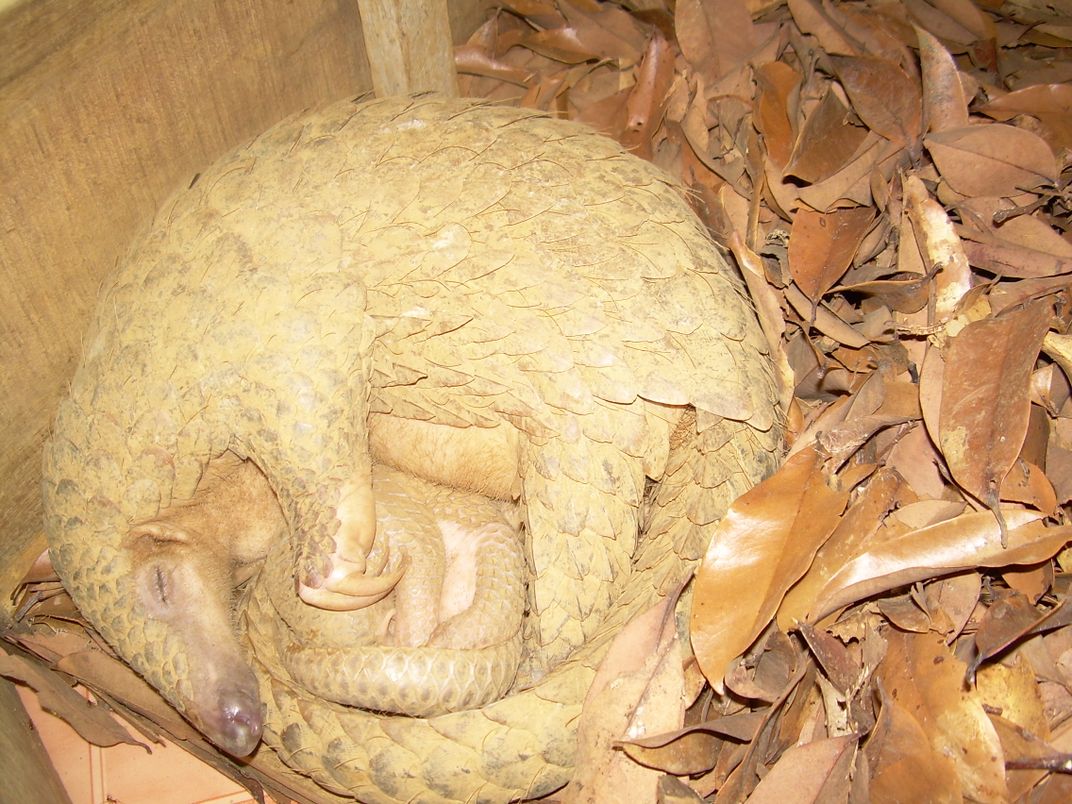
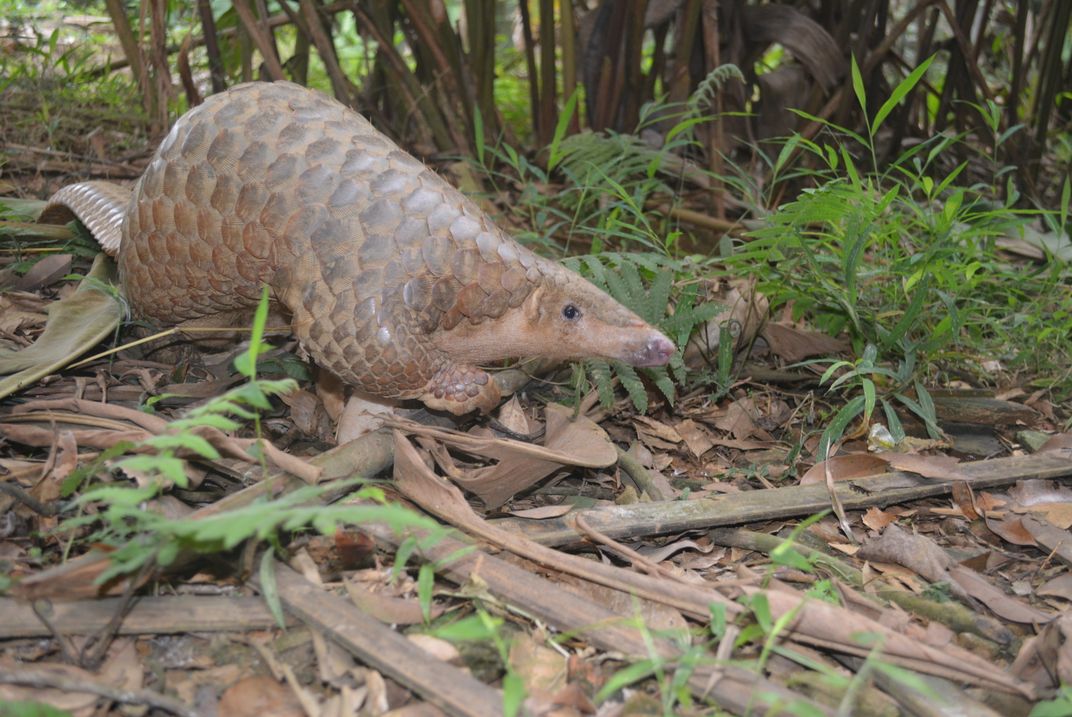
/https://tf-cmsv2-smithsonianmag-media.s3.amazonaws.com/accounts/headshot/Rachel-Nuwer-240.jpg)